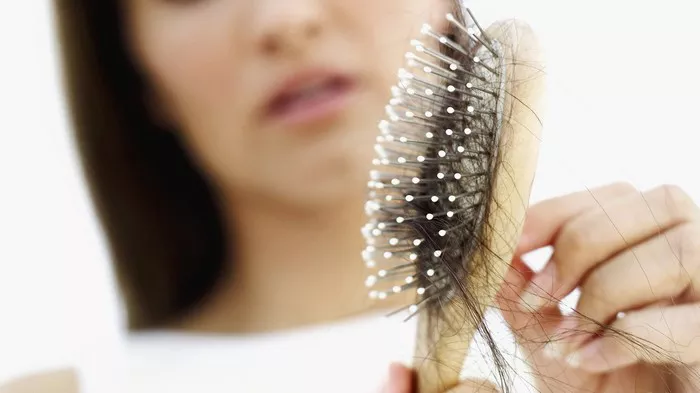In the fast-paced world we live in, stress and anxiety have become almost synonymous with daily life. Beyond the mental toll, chronic stress can manifest physically, with one of the most noticeable effects being hair loss. In this article, we will delve into the intricate connection between bad nerves and hair loss, exploring the scientific basis behind this phenomenon.
The Physiology of Hair Growth
Before we explore the impact of bad nerves on hair health, it’s essential to understand the basics of hair growth. Hair follicles undergo a continuous cycle of growth, rest, and shedding. The growth phase, known as anagen, can last for several years, followed by a short transitional phase called catagen, and then a resting phase called telogen. The hair eventually falls out during the telogen phase, and the cycle begins anew.
The Stress-Hair Loss Connection
Chronic stress, whether due to work pressures, personal issues, or other factors, can disrupt this delicate hair growth cycle. One of the primary culprits is the hormone cortisol, often referred to as the “stress hormone.” Elevated cortisol levels, which occur during times of prolonged stress, can interfere with the normal functioning of hair follicles, pushing them into the telogen (resting) phase prematurely. This disruption leads to a condition known as telogen effluvium, where an increased number of hairs enter the shedding phase simultaneously.
The Role of Cortisol in Hair Loss
Cortisol plays a crucial role in various physiological functions, including regulating metabolism and managing the body’s fight-or-flight response. However, when stress becomes chronic, cortisol production can become dysregulated, wreaking havoc on different systems in the body, including the hair follicles.
Excessive cortisol levels can compromise the health of hair follicles by:
1. Inducing Inflammation: Chronic stress can trigger inflammation throughout the body, affecting the scalp and hair follicles. Inflammation can disrupt the normal hair growth cycle and contribute to hair loss.
2. Disrupting Nutrient Absorption: Prolonged stress can impact nutrient absorption in the body, leading to deficiencies in essential vitamins and minerals crucial for healthy hair growth.
3. Altering Hormone Levels: Cortisol imbalance can disrupt the delicate balance of other hormones, such as insulin and thyroid hormones, which also play a role in maintaining healthy hair.
Breaking the Cycle: Managing Stress for Hair Health
Understanding the connection between bad nerves and hair loss opens the door to proactive steps individuals can take to mitigate these effects. Here are some strategies to manage stress and promote hair health:
1. Stress Reduction Techniques: Incorporate stress-reducing activities into your daily routine, such as meditation, deep breathing exercises, or yoga. These practices can help regulate cortisol levels and promote a sense of calm.
2. Regular Exercise: Physical activity is a natural stress reliever and can positively impact hormonal balance. Engage in activities you enjoy, whether it’s jogging, swimming, or practicing a sport.
3. Balanced Nutrition: Ensure your diet is rich in nutrients essential for hair health, including vitamins A, C, E, and B-complex, as well as minerals like iron and zinc. Consider consulting with a healthcare professional or a nutritionist to address any deficiencies.
4. Adequate Sleep: Prioritize quality sleep, as lack of sleep can contribute to increased stress levels. Aim for 7-9 hours of restful sleep each night to support overall well-being.
5. Professional Support: If stress and anxiety persist, seeking professional help from a therapist or counselor can provide valuable coping mechanisms and support in managing challenging situations.
See Also: Preventing Hair Loss & Dandruff: Tips for Healthy Scalp & Hair
Conclusion
While bad nerves alone may not be the sole cause of hair loss, the physiological response to chronic stress can significantly contribute to hair health deterioration. By understanding the connection between stress and hair loss, individuals can adopt proactive measures to manage stress effectively, promoting not only their mental well-being but also the health of their hair. As we navigate the demands of modern life, it’s crucial to prioritize self-care and adopt a holistic approach to maintaining both mental and physical health.


